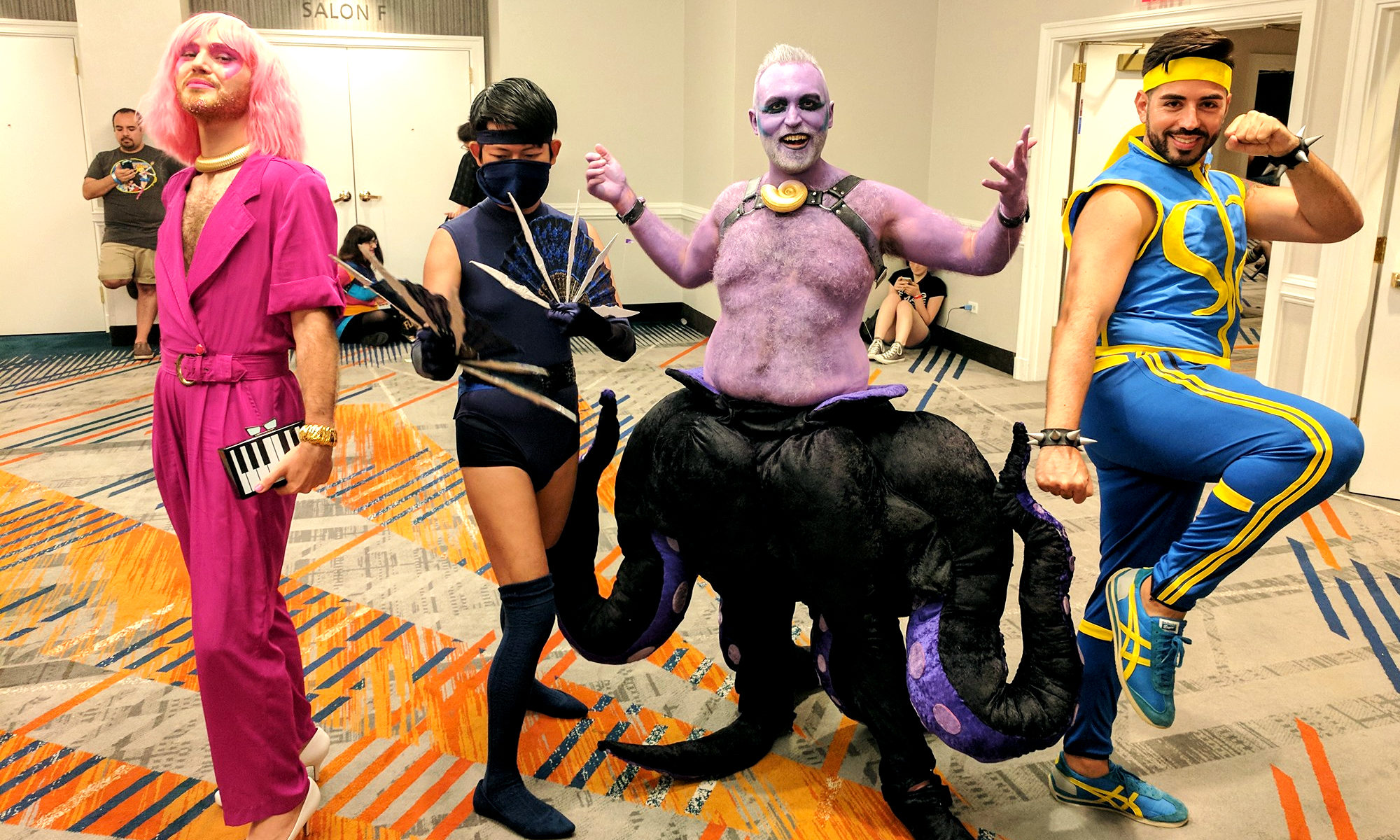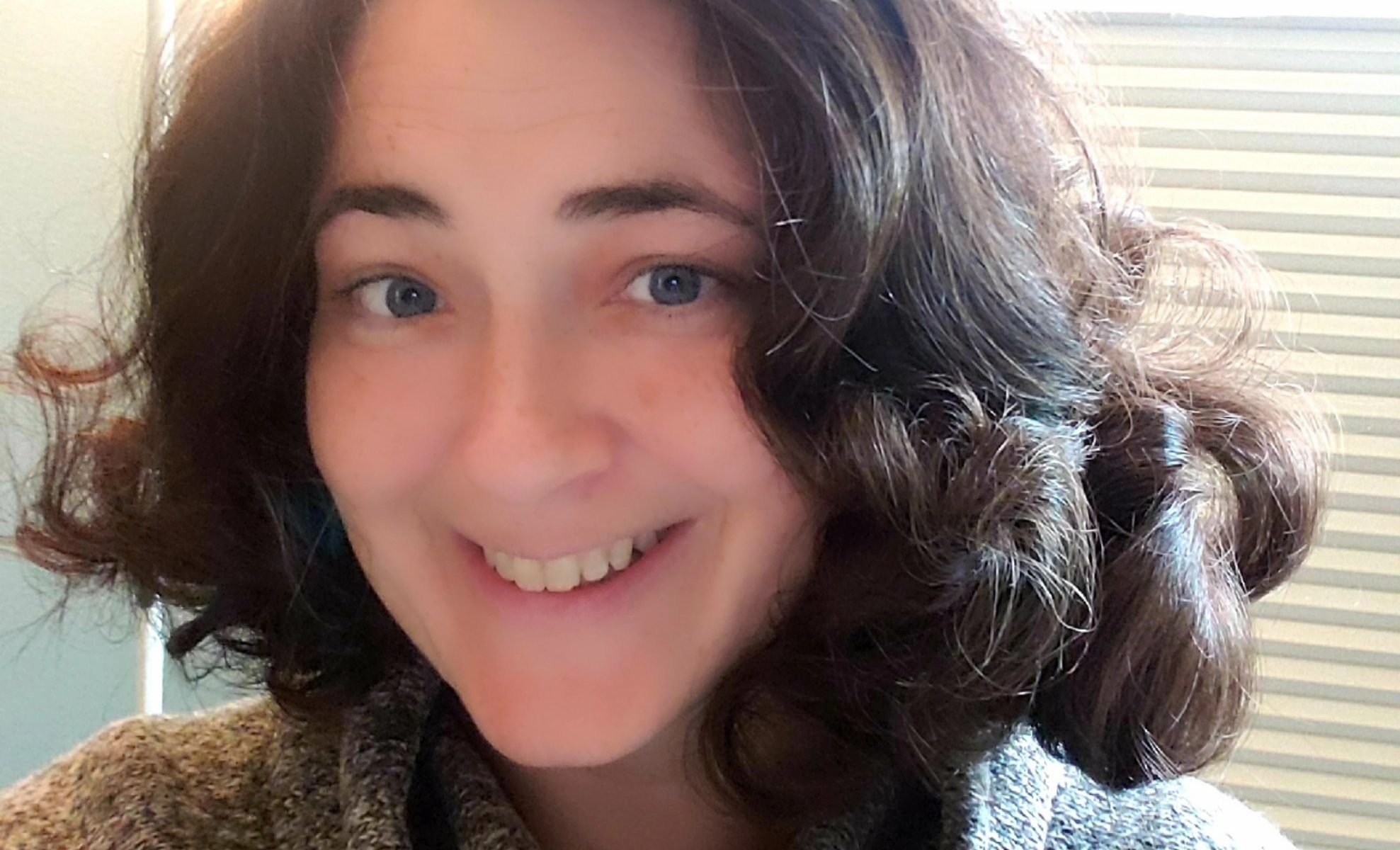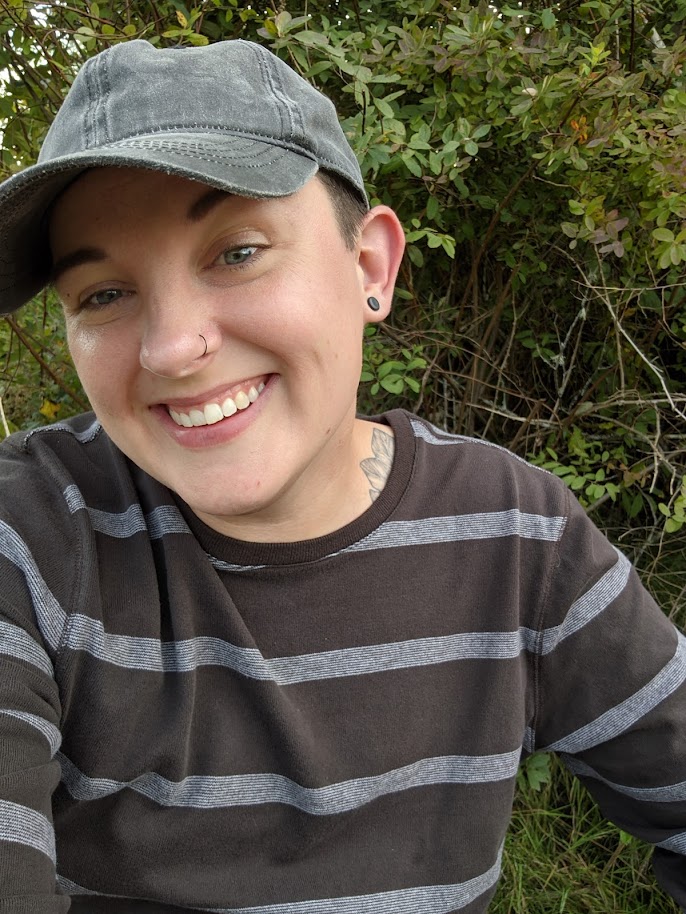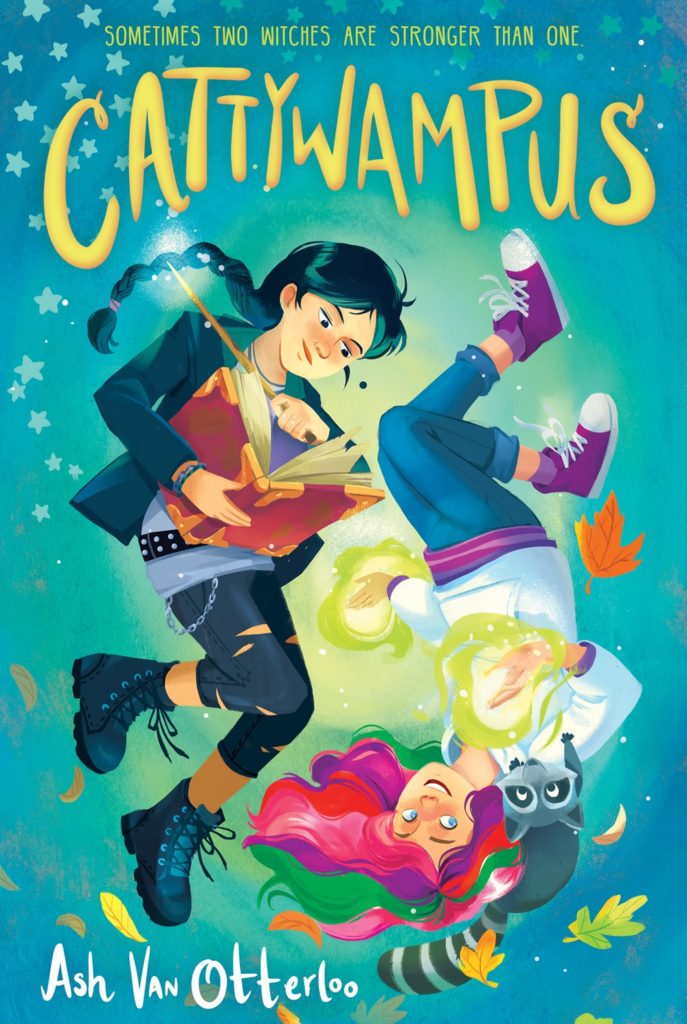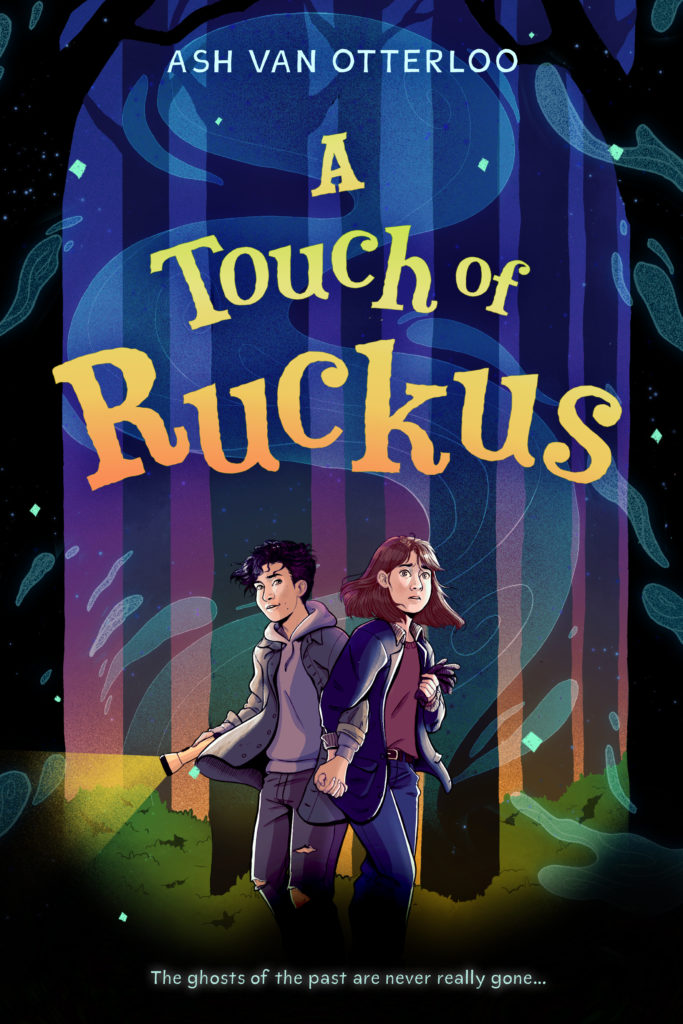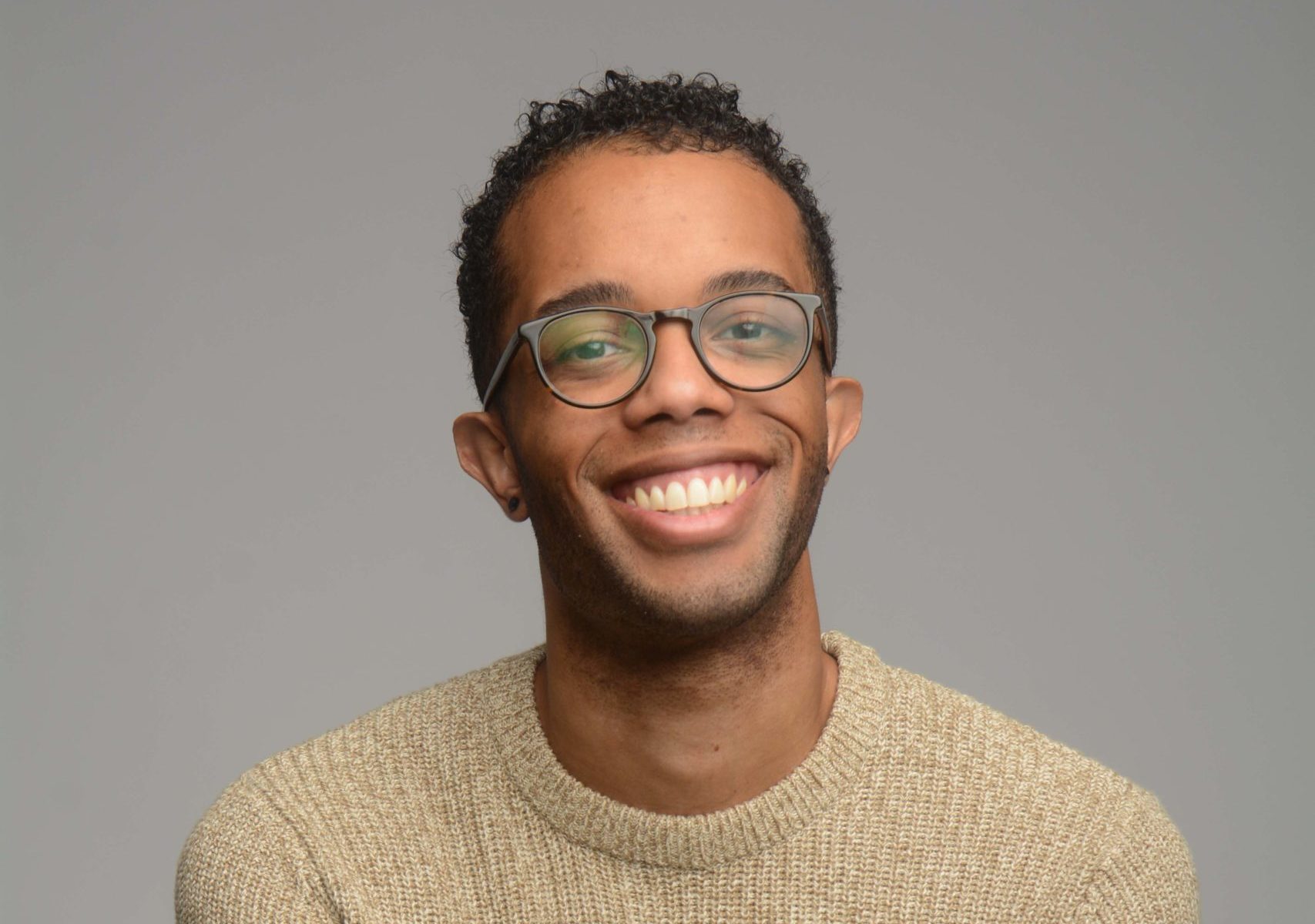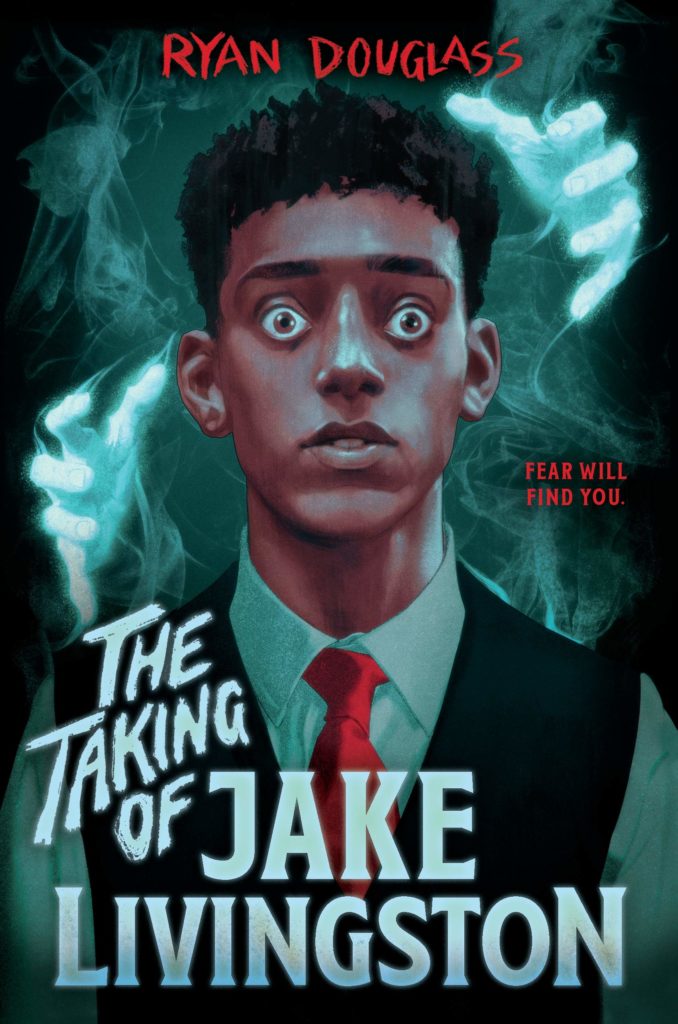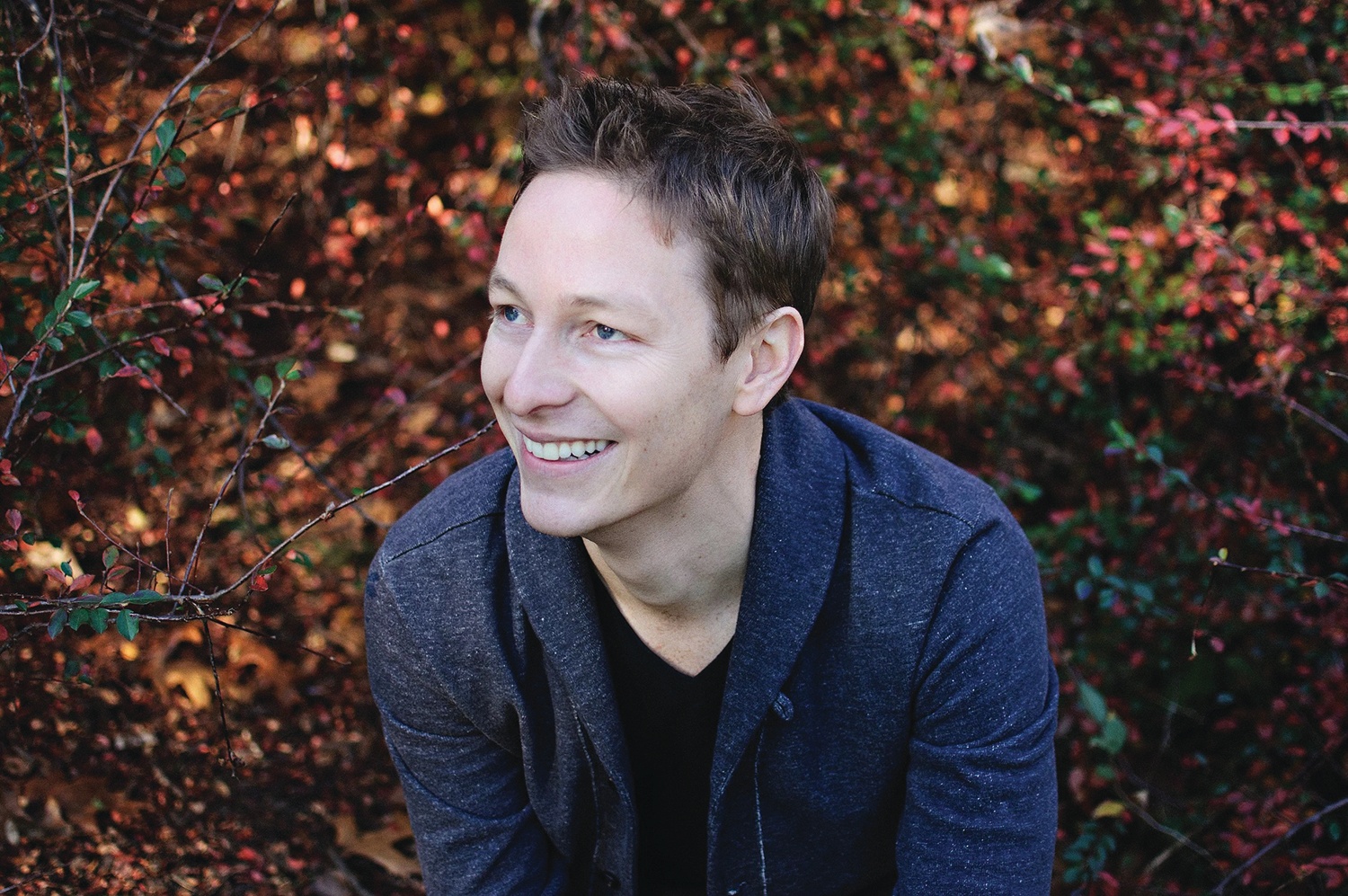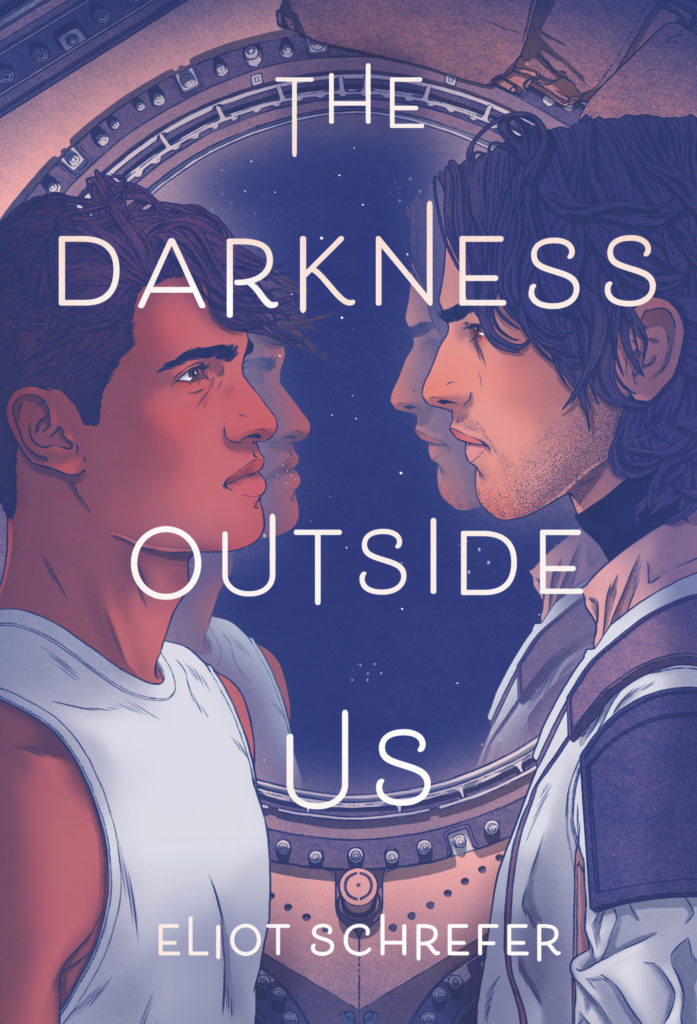Abigail Hilton finished her first novel when she was fifteen and never stopped writing. She has a science background and a day job in healthcare.
She frequently travels for work, but comes home to the Pacific Northwest, where two elderly tabbies and two Japanese bobtail cats maintain her home in perfect condition. (Haha, j/k; they try to wreck it.)
First of all, welcome to Geeks OUT! Could you tell us a little about yourself?
Hi, fellow Geeks! Thanks for having me. “Novelist” has been near the top of my personal identifiers since I was young. I’ve worked hard to build a life with books at the center. I started podcasting my novels back in 2008. I narrated the books myself at first, then moved on to elaborate fullcast productions, all of it “for the love.” Around 2011, Kindle upended things in the publishing world. I discovered that people would pay for my books, which made it easier to justify the massive amounts of time I was spending on them. I moved into ebooks and paper, then into more professional audio. Along the way, I’ve dabbled in all kinds of commissioned illustrations, promotional art, and comics.
My Abigail Hilton books all feature non-human characters. I love the biological sciences and xenofiction. However, I finally realized that most humans would rather read about other humans. I launched my A. H. Lee pen name in 2017, partially to publish steamier titles, but also to see whether I was right there being a larger audience for human characters. Sure enough, that pen name did really well. I still write under both names, though, and I publish everything from children’s books to adult romances. All of my books are some flavor of fantasy, and I gravitate to high fantasy/epic fantasy. Queer characters have been showing up in my stories since that very first novel.
Congratulations on your upcoming series release, Pirates of Wefrivain! Could you tell us what it’s about and where the idea for the books came from?
Pirates of Wefrivain is a redemption story about a couple of dudes who realize they were working for the evil empire and try to switch sides. They fall in love and fight dragons. That’s the first 2 books. Then it opens out into a broader epic, following some of their friends and enemies through war, nautical adventures, and airship battles. All the plot-lines converge in the final book. This series goes to some very dark places (all the trigger warnings), but I promise I am not a nihilist, and you’ll get a happy ending if you stick with me.
Unfortunately, Pirates has a confusing publishing history. The first book was published in 2010. It was originally published as two separate, interlocking series, and the tale spills over into a couple dozen short stories, which were originally published separately and on Patreon. With the publication of the last book, I have repackaged everything into 5 volumes and put it all under the Pirates of Wefrivain series title. New readers can skip all the confusion.
You asked where the idea came from. No clue. The Elder Gods. Lord Frith. Somewhere beyond the Ninth Gate. Sorry, ideas are mysterious and complicated, and I’ve been writing this series for over a decade. This was my second series set in the world of Panamindorah, so it’s not like the world itself was new to me.
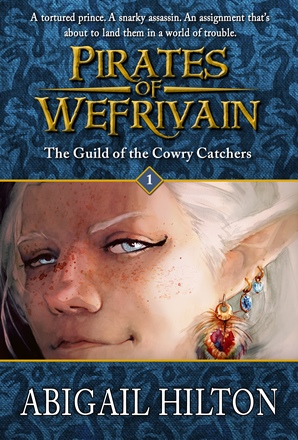
What can you tell us about your most popular series, The Knight and the Necromancer? Where did the inspiration for these books come from?
This one is a little easier, because The Knight and the Necromancer (K&N) was fully planned and completed before anything was released. (I had a lot more publishing experience by then.) K&N did not develop organically over many years like Pirates. K&N occurs in my Shattered Sea universe, which I had already fleshed out in The Incubus series. In that way, I guess it is like Pirates. It’s the second series I wrote in an already-established universe.
The Knight and the Necromancer is about the titular characters, who meet under false pretenses, find that they like each other, and then learn that they are natural enemies. Then they have to solve a problem together. This is a well-trod setup, but it’s one that I particularly enjoy, and I had a lot of fun coming up with all the necromancy magic.
The world was influenced by Garth Nix’s Abhorsen books, all things D&D, a little HP Lovecraft, Jonathan Stroud’s massively underrated Bartimaeus trilogy, and many things I’m probably forgetting. Also, don’t judge me, but James Harriot (I mean, for the farms and farmers and livestock-related plot points). The character dynamics were influenced by C.S. Pacat’s Captive Prince, KJ Charles’s entire catalogue, probably a bit by T. Kingfisher, and perhaps even Terry Pratchett.
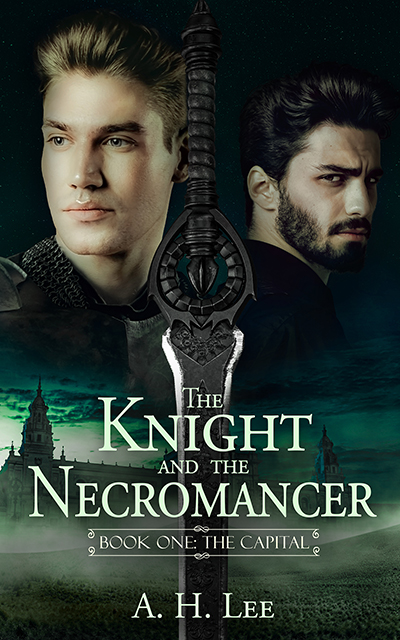
As a writer, what drew you to writing fantasy, especially epics?
This is another of those “where do the ideas come from” questions. I write the kind of stuff I like to read. I feel like there isn’t nearly enough gritty epic fantasy with queer characters who are allowed to have happy endings.
Since Geeks OUT is a queer centered website, could you tell us a bit about the LGBTQ+ characters featured in your books?
I most enjoy writing gay and bisexual men. Most of my books include at least one gay or bisexual male couple, frequently (though not always) in the lead. But I also like variety. There’s a trans man who is a stealth favorite in K&N. My Hunters Unlucky xenofiction epic includes a lesbian couple, as well as many gender-bending species. There’s an MFF triad in my Pirates of Wefrivain series, in which one of the ladies is on the ace spectrum. I like writing polyamory, although I’ve come to realize that the market for it is limited, so I feel pressured to write about monogamous couples. But my Incubus Series is unapologetic MMF.
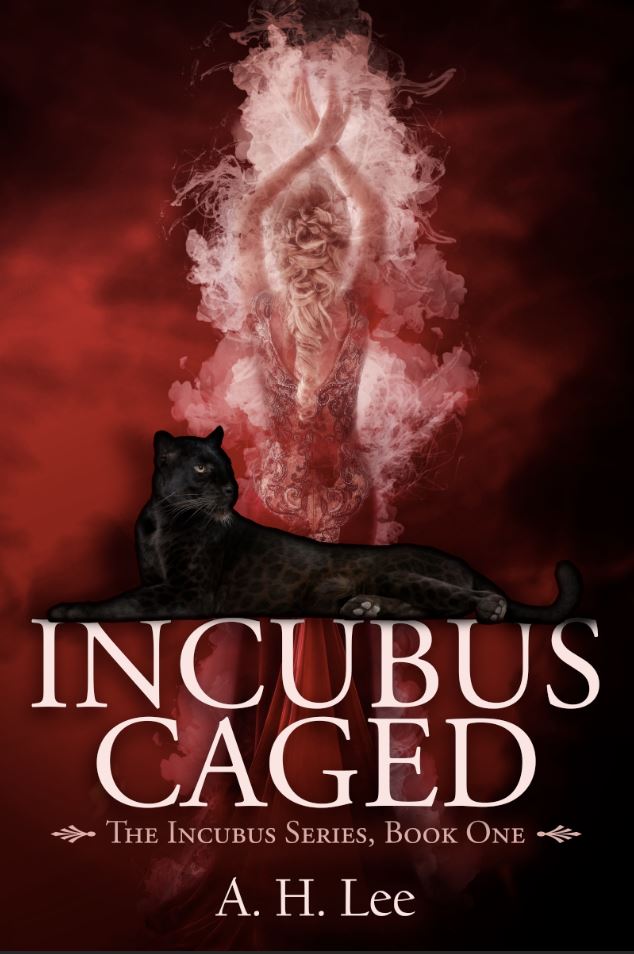
How would you describe your writing process? Are there any methods you use to help better your concentration or progress?
Write something before bed. Even if it’s just 200 words. If you go to sleep thinking about it, you wake up thinking about it. Sometimes you solve a problem in your dreams.
As an author, what advice would you give to other aspiring writers?
Nothing will ever be as fun as writing the novel and sharing it with your friends. Making money, being approached by publishers, seeing positive reviews – all that stuff is nice, and you think it will make you happy, but that happiness lasts, like, 5 minutes. Writing the book is the fun part – that state of creative fugue, where it feels like you’re taking dictation. Second most fun is sharing it. Receiving related artwork comes in as a close third, whether it’s art you commissioned or fan art. You don’t need anyone’s permission to do the fun stuff.
What do you wish you had known at the beginning of your writing journey?
I wish I’d known that I would eventually “make it” in the sense that I have an audience and make a living wage. I spent a lot of time worrying about failure in my teens and twenties. I’m not usually a jealous person, but I felt insanely jealous of traditionally published novelists back then. It turns out, I was already doing the fun stuff! And I would eventually get paid for it, so I needed to just cool my jets.
Are there any new projects you are currently working on and at liberty to speak about?
I’m currently writing some follow-on novels to my Hunters Unlucky series. That’s one of those not-at-all-commercial projects, haha. But they have been insanely fun to write, and a small group of (the coolest) people are excited about them along with me.
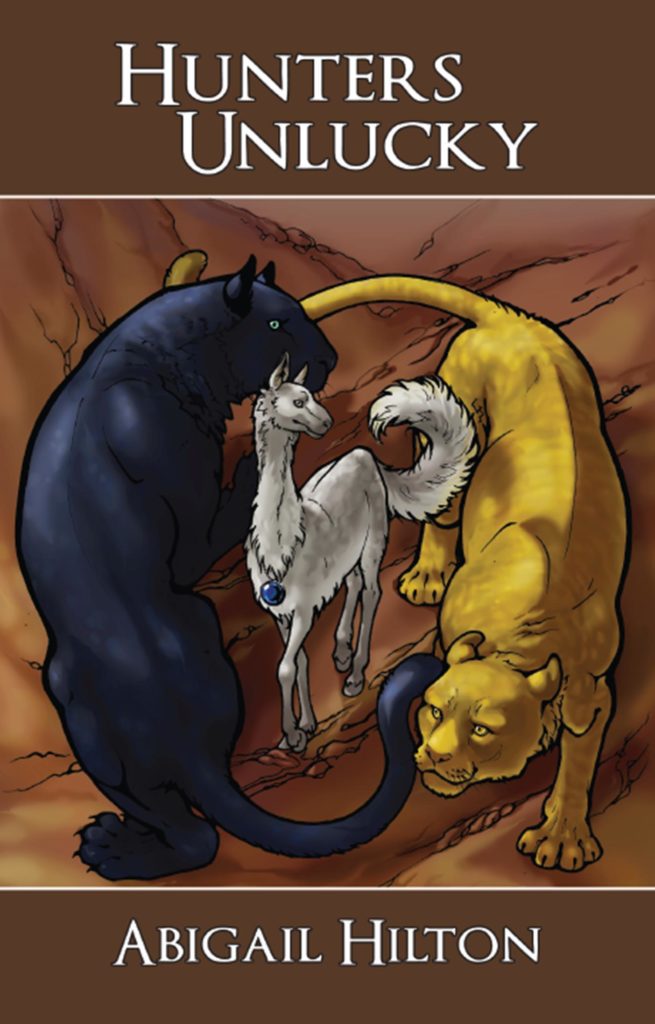
The next thing I’m planning to write that I think a large number of people might want to read is a new series that I’ve been calling the Sleipner-verse. This is a new setting, where sailors hunt Lovecraftian monsters for their magic, chasing them through multiple universes in world-hopping ships. The story is about a young man from a wealthy, magic-wielding family, who befriends a lower-deck sailor from one of the slipper ships. They proceed to get into all kinds of trouble.
Aside from writing, what do you enjoy doing in your free time?
Entertaining my cats, growing carnivorous plants, reading (of course), hiking in out-of-the-way places, and using my passport as often as possible.
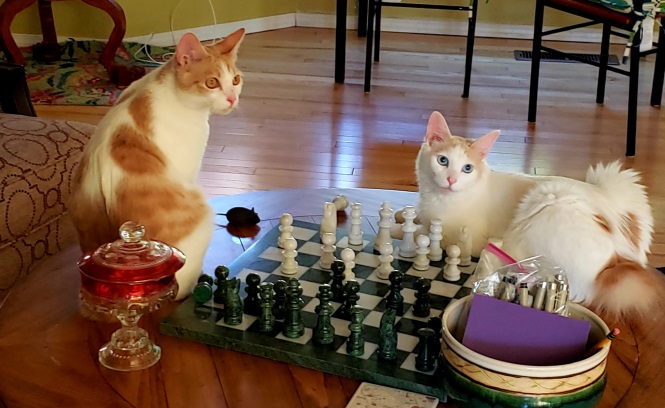
What’s a question you haven’t been asked yet, but wish you were asked (as well as the answer to that question)?
What formats are my books available in?
ebook, paper, and audio. You can get most of my audiobooks in many places besides Audible. You can buy them directly from me on my website, which is generally the cheapest way (coincidentally, I also get paid the most). You can also get them on some library platforms.
Finally, what LGBTQ books/authors would you recommend to the readers of Geeks OUT?
My first experience of gay fiction was Marry Renault. I still return to her work sometimes. She probably seems stilted to a modern audience, but the language is so beautiful, and she can get a sentence wound so tightly that it twangs. Her Alexander books, including the non-fiction biography, absolutely broke my heart. Scenes and lines from those books stick in my head to this day.
I really like KJ Charles. She’s most known for her historicals and her historical urban fantasy. However, my favorite book of hers is neither. It’s The Henchmen of Zenda, which is a queering of the classic Prisoner of Zenda. The book is full of quote-able lines and genuine wisdom. I rarely see anyone recommend it – an under-rated bit of her work.
I’m sure everyone reading this already has an opinion about C.S. Pacat, so let me pitch something of hers that you might not have read. Her short story, “Pet,” is maybe my favorite thing she’s written. It’s set in the Captive Prince universe, but stands on its own, and you can tell that she’s bringing everything she learned from writing CP to the table. It’s deft and understated, gentler than CP, but still has some teeth.
